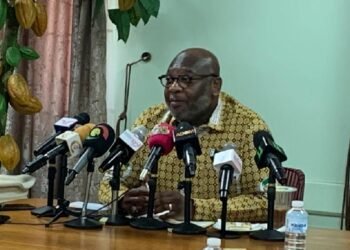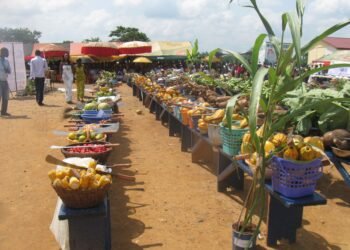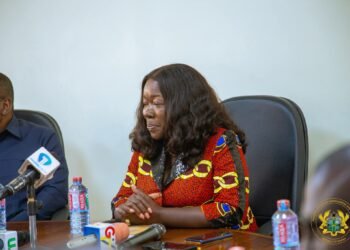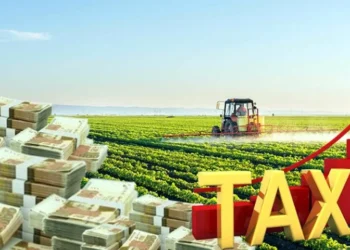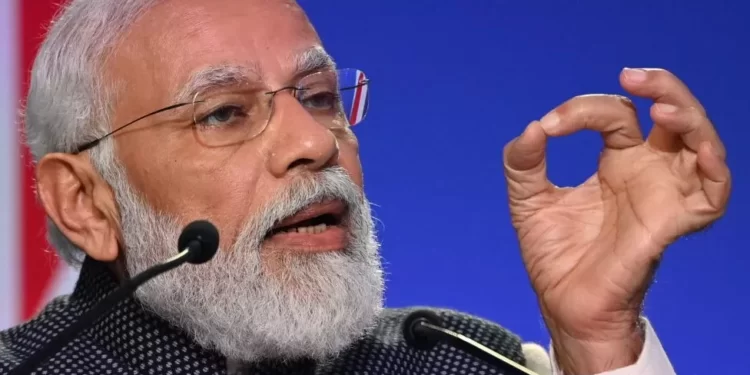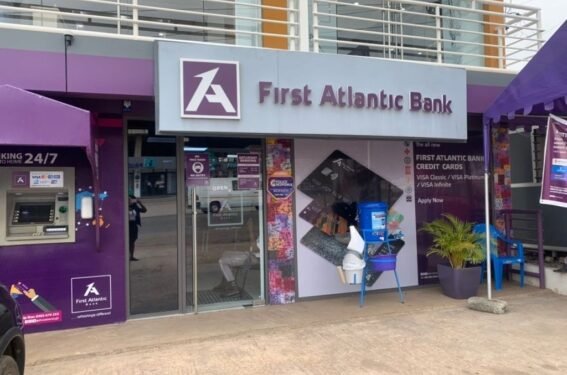The Oil Palm Development Association of Ghana (OPDAG) has called on stakeholders in the industry to work together to improve and promote high-quality oil palm production in Ghana.
According to them, this would enhance market access for workers in the oil palm value chain. As a result, growers and millers would produce finished products that meet both local and international market standards.
Mr Paul Amaning, OPDAG’s National Organizer, made the call in Twifo Mampong, Hemang Lower Denkyira District, while visiting artisanal palm oil millers, growers, and farmers. He noted that the visit formed parts of efforts to bring together all stakeholders to discuss the best ways to promote management and milling practices. According to him, this would help to transform the oil palm industry in Ghana and West Africa. As a result, increasing smallholder farmers’ and processors’ incomes while also generating economic growth and employment for the general public.
The sector’s struggles and efforts towards development
Mr. Amaning stated that Ghana’s Oil palm Sector has been “taxiing” for far too long. Therefore, it is time for it to take off and expand so that the country would no longer be a net importer of oil palm but rather an exporter to Africa and beyond. According to him, there are huge market potentials that need to be tapped. He urged oil palm millers and growers to collaborate with OPDAG to take advantage of avenues to increase their incomes.
According to the National Organizer, the oil palm sub-sector has struggled in recent years. He noted that the sector lacked a national standard for the production of palm oil and related products. Also, the illegal importation of vegetable cooking oil has created an uneven playing field for local producers, he stated.
As parts of efforts to regulate the sub-sector, OPDAG has been formed to support the Tree Crop Development Authority (TCDA). The TCDA is responsible for developing and regulating tree crops in Ghana, including oil palm, in order to boost the economy. He therefore encouraged stakeholders to adopt the oil palm sector’s regulations in order to meet local and international standards.
On his part, the Paramount Chief of the Twifo Traditional Area, Obrempong Appiah Nuamah II, encouraged the stakeholders to support OPDAG in promoting and enhancing Palm oil business in the country.
Prospects of Ghana’s Oil palm sector
In an earlier development, Mr Evan Koomson, a farmer from Aketanchie, Ahanta West Municipal, pointed out that the oil palm value chain had huge potentials.
The oil palm is the second most important tree crop in the Ghanaian economy after cocoa. It is therefore, one of the leading cash crops in the rural economy in the forest belt of Ghana. Thus, developing the sector has the potential to improve the livelihood of palm oil growers and millers.
However, Mr. Koomson said the sector faces several barriers which includes the non-availability of ready market. He also noted lack of cooperative associations and board as a challenge of the sector.
He pointed out that the only solution to the problem is for the government to establish a board like COCOBOD. This board, he said, would effectively monitor and handle the challenges confronting the oil palm industry.
Read also: Foreign Currency Deposits up 20.2% in February 2021




